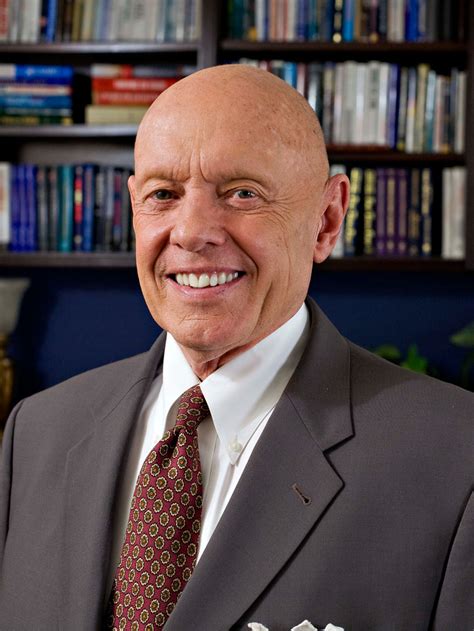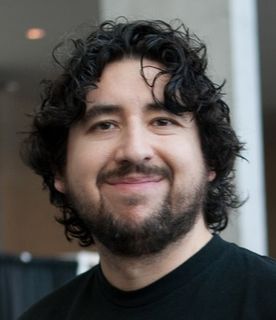A Quote by L. Ron Hubbard
The third principle is that any philosophic knowledge is only valuable if it is true or if it works.
Related Quotes
Any philosophic explanation of Quality is going to be both false and true precisely because it is a philosophic explanation. The process of philosophic explanation is an analytic process, a process of breaking something down into subjects and predicates. What I mean (and everybody else means) by the word 'quality' cannot be broken down into subjects and predicates. This is not because Quality is so mysterious but because Quality is so simple, immediate and direct.
Honesty is a principle. Service is a principle. Love is a principle. Hard work is a principle. Respect, gratitude, moderation, fairness, integrity, loyalty, and responsibility are principles. There are dozens and dozens more. They are not hard to identify. Just as a compass always points to true north, your heart will recognize true principles.
The true bounds and limitations, whereby human knowledge is confined and circumscribed,... are three: the first, that we do not so place our felicity in knowledge, as we forget our mortality: the second, that we make application of our knowledge, to give ourselves repose and contentment, and not distates or repining: the third, that we do not presume by the contemplation of Nature to attain to the mysteries of God.
History is valuable, to begin with, because it is true; and this, though not the whole of its value, is the foundation and condition of all the rest. That all knowledge, as such, is in some degree good, would appear to be at least probable; and the knowledge of every historical fact possesses this element of goodness, even if it posses no other.
The basis of self-ownership is the fact that each person has direct control over the scarce resource of his body and therefore has a better claim to it than any third party (and any third party seeking to dispute my self-ownership must presuppose the principle of self-ownership in the first place since he is acting as a self-owner).
Now the Apostle, under the inspiration of the Holy Spirit, says, "Knowledge inflates: but love edifies." The only correct inerpretation of this saying is that knowledge is valuable when charity informs it. Without charity, knowledge inflates; that is, it exalts man to an arrogance which is nothing but a kind of windy emptiness.
It is not unreasonable to assume that the works of God, their existence and preceding non-existence, are the result of His wisdom, but we are unable to understand many of the ways of His Wisdom in His works. On this principle the whole Law of Moses is based; it begins with this principle: "And God saw all that He had made, and behold, it was very good" (Gen. i. 31); and it ends with this principle: "The Rock, perfect is His work" (Deut. xxxii. 4). Note it.



































